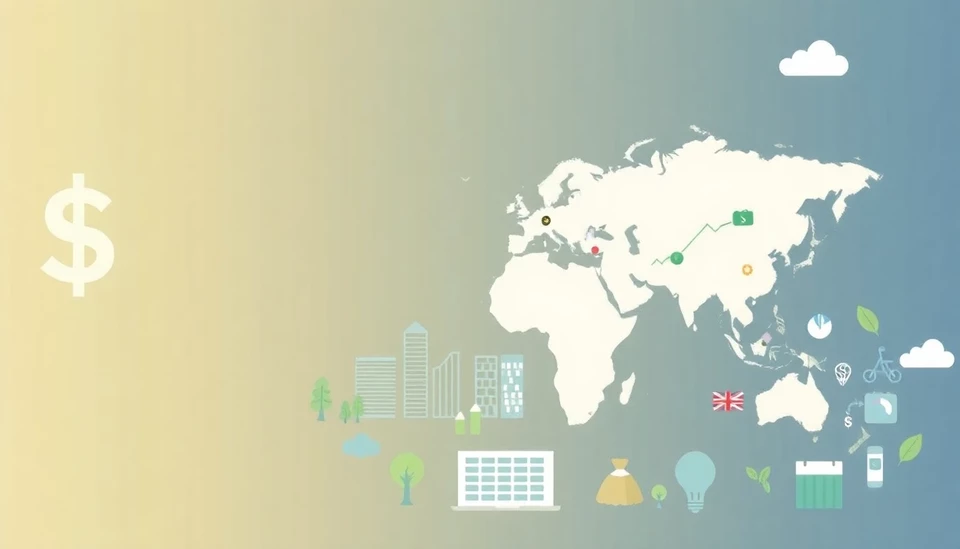
In recent developments, the Environmental, Social, and Governance (ESG) market has surged to a staggering $1.8 trillion, primarily spurred by strategic initiatives and policies from the United States government. This growth highlights a significant shift in capital allocation, aligning with global sustainability goals and the increasing importance of corporate responsibility.
The United States federal government has effectively positioned itself as a key player in the ESG market, leveraging regulatory frameworks and financial incentives to promote investments that fulfill sustainability criteria. These initiatives are not only proliferating awareness but also encouraging businesses to adopt more responsible practices that account for environmental impacts, social equity, and governance standards.
Government-driven programs, including tax incentives and funding for green infrastructure projects, have created a conducive environment for ESG investments. The Biden administration, in particular, has advocated for policies that prioritize climate change mitigation, economic inclusion, and corporate accountability, stimulating a robust demand for ESG-compliant investments across various sectors.
Moreover, the integration of ESG factors into investment decision-making is no longer just a niche trend but has become mainstream. Institutional investors are increasingly recognizing the impact of ESG practices on risk management and long-term financial performance. The convergence of market demand and regulatory support has opened doors for a wide array of investment opportunities within the ESG sector, from renewable energy sources to sustainable agriculture and ethical technology.
As the U.S. government continues to amplify its focus on sustainable development, the ESG market is likely to experience further acceleration. The alignment of public and private interests in sustainability could lead to unprecedented levels of capital flow into green projects, reshaping the financial landscape and fostering innovation aimed at addressing the pressing challenges of climate change and social inequality.
In summary, the current trajectory of the ESG market, underpinned by U.S. government initiatives, is not just a passing phase but a fundamental shift towards a more sustainable and equitable economic model. The implications for investors, corporations, and society at large are profound, ushering in a new era where sustainability becomes a key component of success and growth.
#ESG #Sustainability #Investments #ClimateChange #CorporateResponsibility
Author: Sophie Bennett




